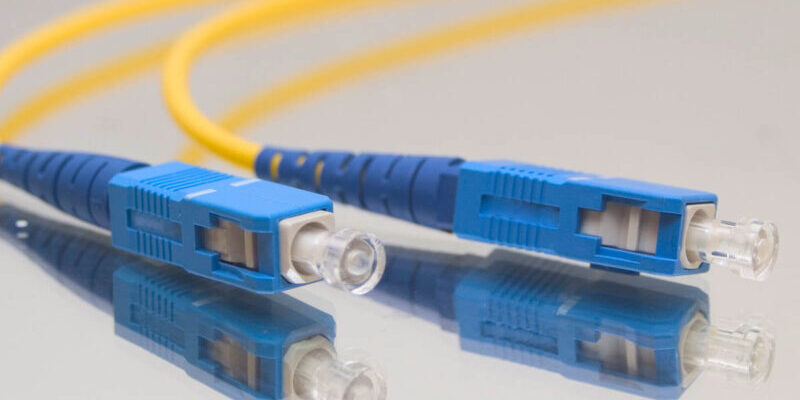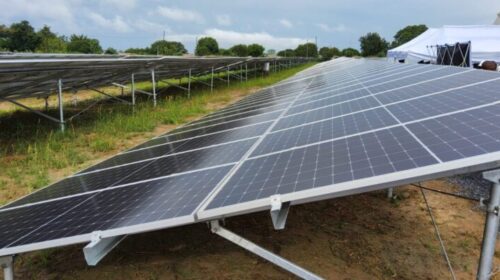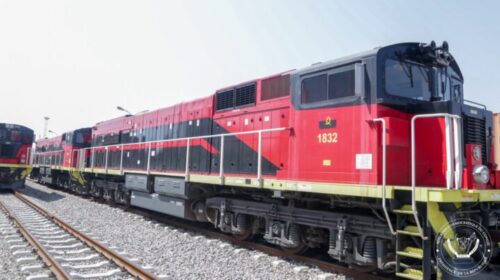Angola begins fiber optic connection tests with Zambia
The Angolan Government started tests for the connection with Zambia, by fiber optics, as revealed on Tuesday June 2th in Luanda by the minister of Telecommunications, Information Technologies, and Social Communication.
Mário Oliveira made the revelation during a visit by the delegation of the Public Accounts Committees of the Southern African Development Community (SADCOPAC), headed by Warren Chisha Mwambazi.
Speaking to the press, at the end of the meeting with the delegation, the minister stressed that the process is part of the desideratum of transforming Angola into a telecommunications hub.
He recalled that Angola already has fiber optic connections with the Democratic Republic of Congo (DRC) and, at the moment, is preparing the connection with the Republic of Congo.
“We are in a position to gradually achieve this great goal that is part of our objective in the Telecommunications, Information Technology and Social Communication sector”, he underlined.
Regarding the visit of the delegation of the SADC Public Accounts Committees, Mário Oliveira referred that his Ministry sought to inform what the Information Technologies and Social Communication sector has been doing, as well as about the use of public resources related to the projects that that sector state body is developing. “The projects developed have made great contributions to the development of the economy”, he rejoiced.
The minister made it known, on the other hand, that telecommunications and information technology play an important role in the ecosystem for the development of nations.
In this context, he advanced, the media sector plays this role, as, according to him, it is not enough to have, for example, technology, but it is necessary that citizens are necessarily informed.
Still within the scope of the meeting with the SADC delegation, Mário Oliveira made known about the National Space Project, having specifically referred to AngoSat-2 as one of the exponents of technology.
In this regard, he added that with the satellite in orbit, the country can offer “a lot” in terms of communications in the SADC region.
63 total views , 1 views today





